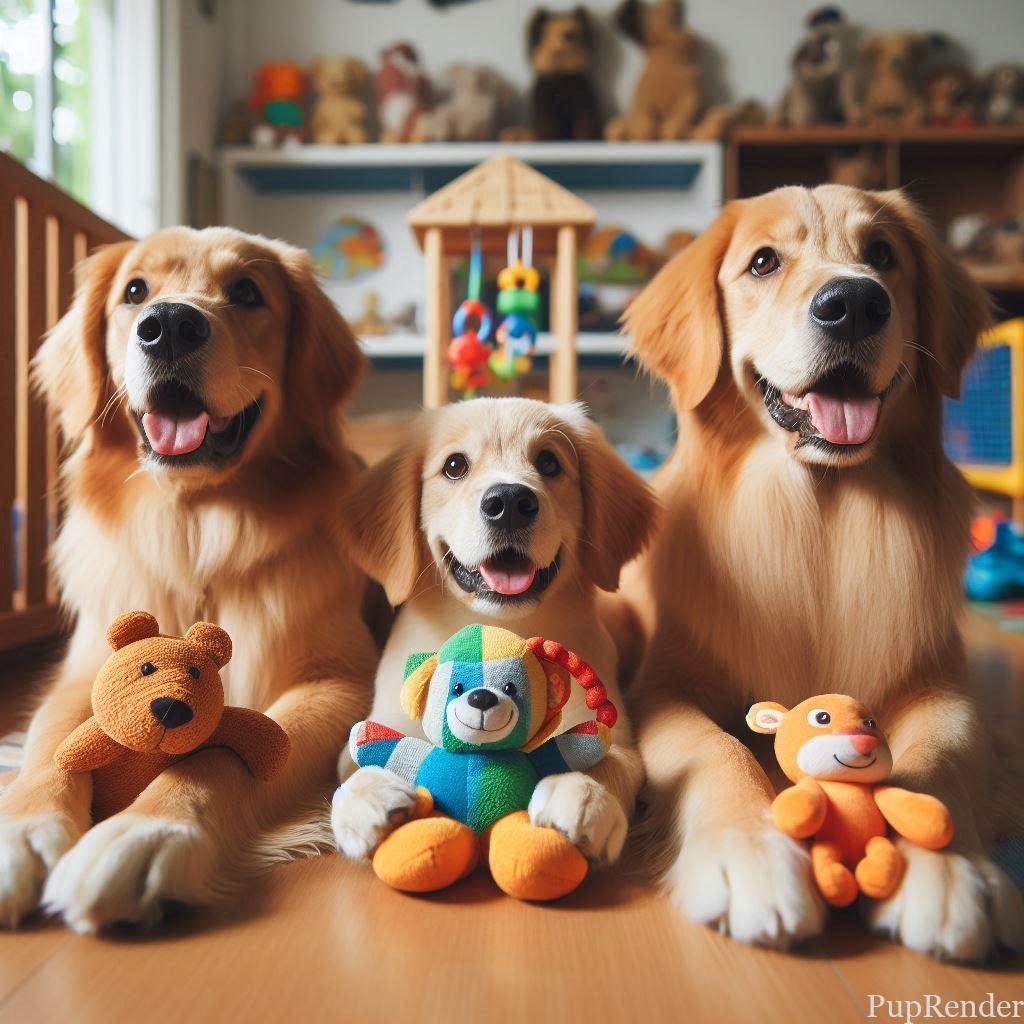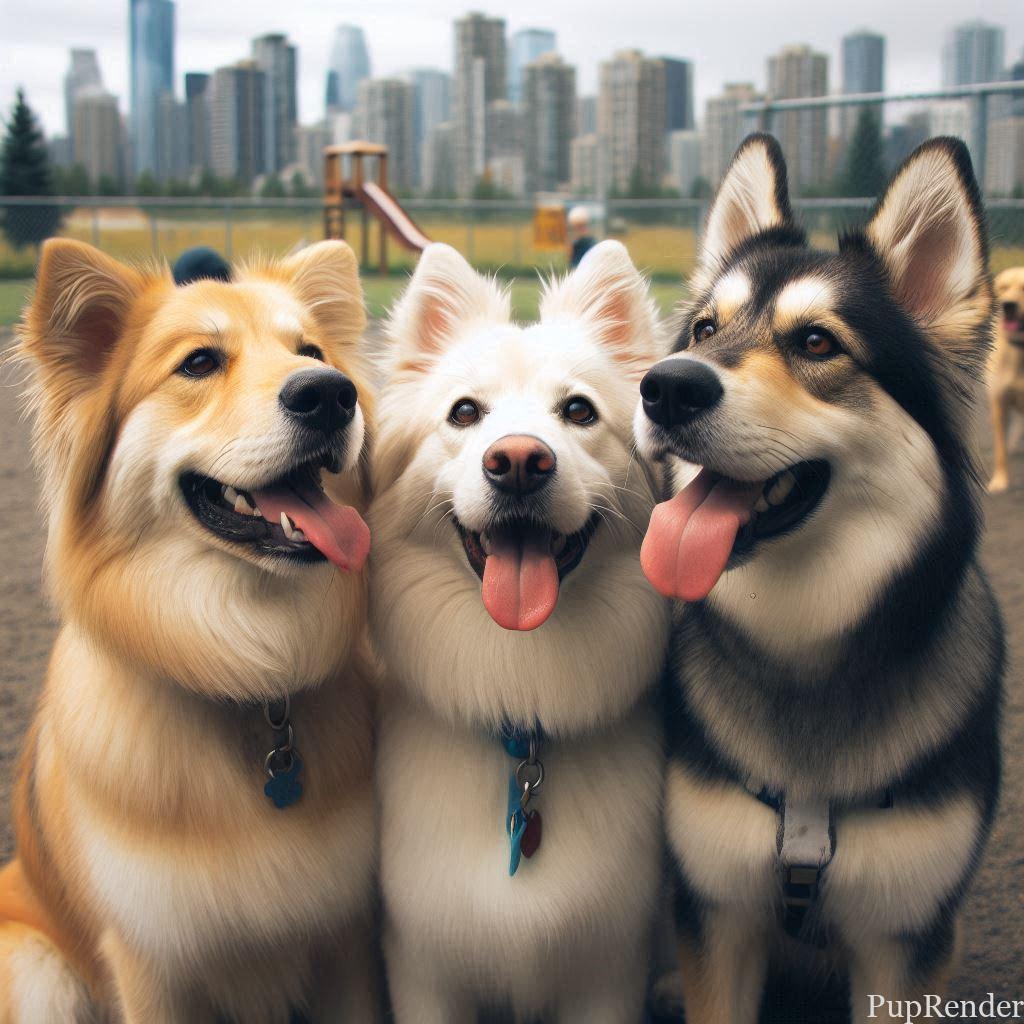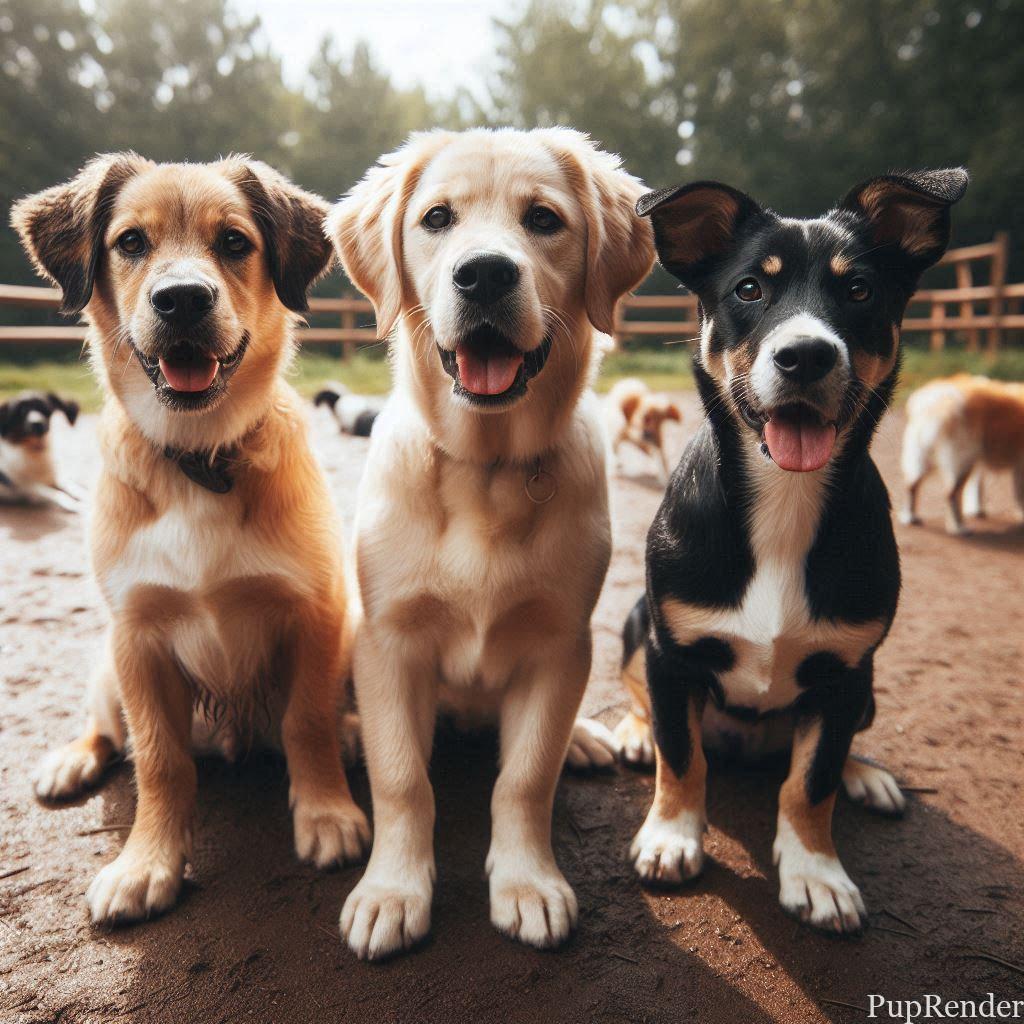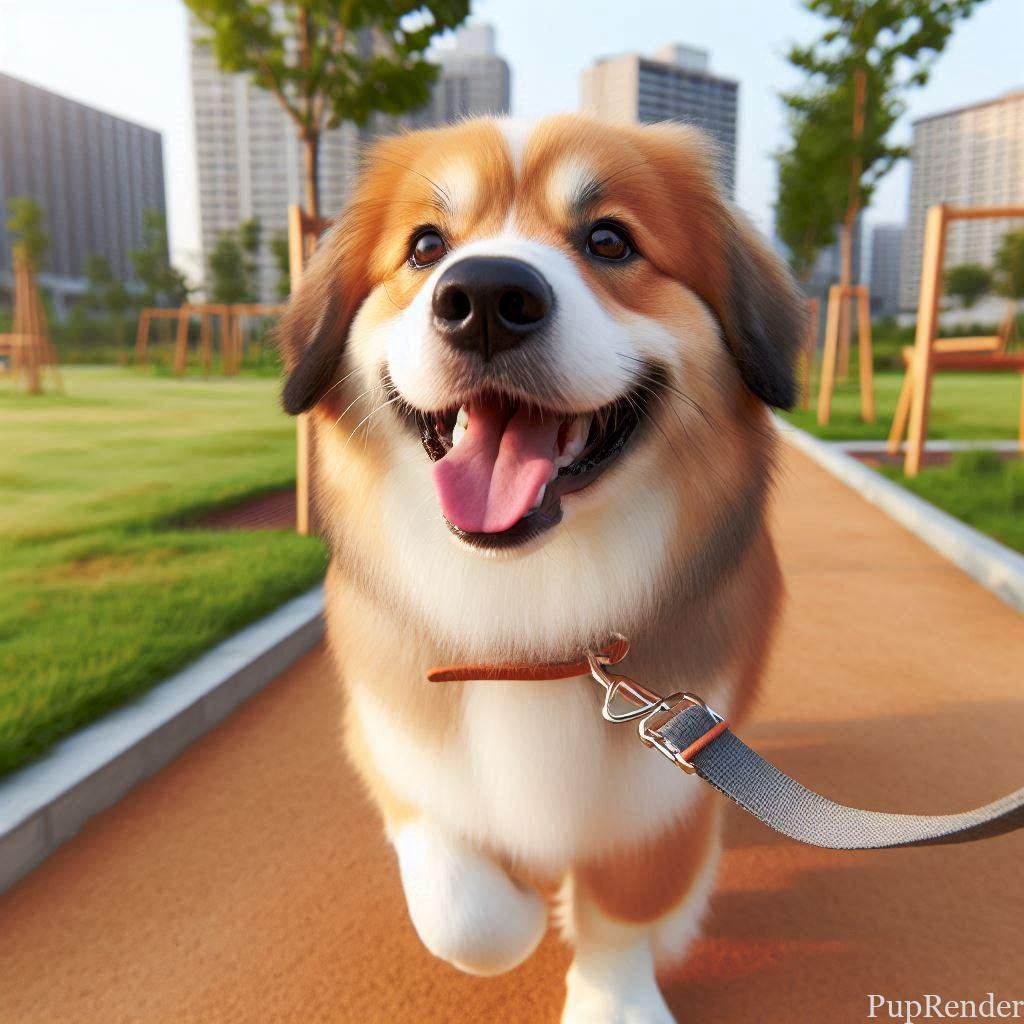The Best Ways to Socialize Your Dog with Other Dogs
Socializing your dog with other dogs is essential for raising a well-balanced, happy pet. Proper socialization helps your dog develop positive behaviors, builds their confidence, and prevents anxiety or aggression. Whether you’re introducing a new puppy to the world or working with an older dog, it’s never too late to start.
Why Socializing is Important for Dogs
Socialization provides dogs with the tools they need to navigate the world calmly and confidently. This process reduces the likelihood of fear-based behaviors and aggression. Properly socialized dogs are also more likely to enjoy visits to dog parks, meet new people, and interact safely with other animals.

Start Early
Puppies are at their most adaptable between 3 and 12 weeks of age. This is the prime time for socialization, so expose them to a variety of environments, people, and animals early on. Early socialization ensures your puppy grows into a confident adult dog. If you’ve missed this window, don’t worry—older dogs can still benefit from socialization with patience and the right approach.
For more insights on raising a happy dog, check out our post on How to Make Your Dog Happier Than Ever.

Organize Playdates
Organizing doggy playdates is another great way to encourage socialization. Choose dogs that are calm and friendly to avoid overwhelming your pet. Always supervise these interactions to ensure a positive experience for both dogs. Gradually introduce more dogs to these playdates, helping your dog become comfortable in different social scenarios.
If you’re curious about your dog’s body language during socialization, visit our post on Understanding Your Dog’s Body Language.

Visit Dog Parks
Dog parks offer your dog the chance to meet and play with other canines in a controlled setting. However, it’s important to know your dog’s comfort level before introducing them to this environment. Some dogs may be overwhelmed by large groups, so start with off-peak hours when fewer dogs are present.
Explore the best places for your pup in our guide to The Best Dog Parks in Your City.

Enroll in Group Training Classes
Group training classes not only teach obedience skills but also provide your dog with opportunities to interact with other dogs in a structured environment. Look for positive reinforcement-based classes that allow dogs to meet under the supervision of a professional trainer.
If you’re new to dog training, you may find our post on Essential Training Tips for Every Dog Breed helpful.

Take Walks in Different Environments
Walks are a fantastic way for your dog to encounter new sights, smells, and other dogs. Taking walks in varied environments—such as different neighborhoods, parks, and trails—can expose your dog to new experiences while keeping them on a leash. This helps them build confidence around unfamiliar dogs in a controlled way.
For tips on keeping your dog healthy during walks, visit our post on Why You Should Never Skip a Dog’s Walk.

Socializing Older Dogs
Socializing older dogs can be more challenging, but it’s not impossible. Start slowly by introducing them to calm, friendly dogs in controlled settings. Gradual exposure and positive reinforcement can go a long way in helping older dogs develop social skills.
For more advice on handling common dog challenges, read our post on The Most Common Dog Behavioral Problems and Solutions.
Don’t Wait, Get Social!
Socializing your dog with other dogs is crucial for their emotional well-being and helps prevent behavioral issues down the line. Whether you’re working with a puppy or an older dog, taking it slow, providing positive experiences, and consistently exposing them to new environments will make all the difference.
If you’re interested in further resources on this topic, visit the American Kennel Club’s guide on socializing puppies.





